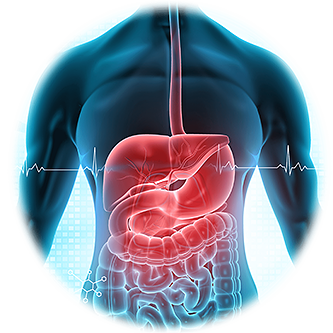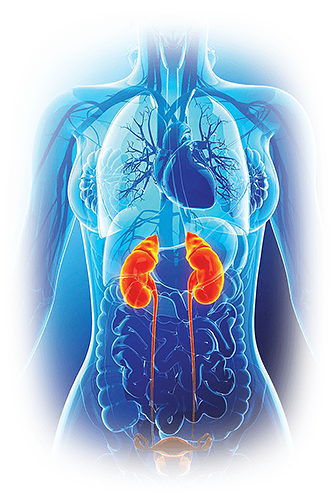Login
For Clinician Providers
For Clinician Providers
For Patients
Do Mouth Bacteria Cause Rheumatoid Arthritis?
No one knows exactly what causes rheumatoid arthritis, but one theory is that bacteria in the mouth and intestines set into motion an inflammatory response that causes the joint stiffness, swelling and pain that people with this chronic, progressive disease complain of. Now, there’s further evidence that mouth bacteria that make their home in the gums and cause gum disease could trigger the symptoms of rheumatoid arthritis.
Rheumatoid Arthritis and Bacteria: Do Bacteria Play a Role?
Researchers used a special technology called DNA sequencing to identify bacteria in the mouth and intestines of 55 adults with rheumatoid arthritis, along with 35 healthy people without rheumatoid to serve as a control group. DNA sequencing identifies bacteria by determining its unique genetic footprint.
What did they find? They discovered that people with rheumatoid arthritis had higher levels of a bacteria called Porphyromonas gingivalis in their mouth and oral cavity compared to the healthy, control group. In fact, their levels of this bacteria associated with periodontal and gum disease was up to four times higher.
When they sequenced the DNA of bacteria in the intestines of both groups, they found that the participants with rheumatoid arthritis had a greater number of “inflammatory” bugs, or bacteria that could trigger the immune system to mount an attack.
Finding higher levels of these inflammatory bacteria and bacteria that cause gum disease in rheumatoid arthritis sufferers doesn’t necessarily prove an association between rheumatoid arthritis and bacteria, but it adds to the growing belief that bacteria play a role in causing rheumatoid arthritis.
How Can Bacteria in the Mouth Cause Rheumatoid Arthritis?
Rheumatoid arthritis is a disease where the immune system attacks its own tissues, leading to joint inflammation. Bacteria such as Porphyromonas gingivalis and inflammatory bacteria that rheumatoid sufferers have at higher levels could be the instigators that cause the immune system to go awry. Rheumatoid arthritis can run in families, so there’s probably some inherited tendency towards the disease, which is triggered by some environmental variable – possibly bacteria.
Scientists already know that bacteria can trigger arthritis in mice. In a study published in the journal Immunity, researchers injected mice with a bacteria naturally found in the gut. This stimulated their immune system, and they went on to develop symptoms consistent with arthritis. Other research has linked rheumatoid arthritis with viruses such as the Epstein-Barr virus and the virus that causes German measles as well as another bacteria called mycoplasma, a bacteria that also causes “walking pneumonia” in humans.
If Bacteria in the Mouth and Intestines Cause Rheumatoid Arthritis, Will Antibiotics Help?
In the 1990’s, a study looked at using intravenous antibiotics for treating rheumatoid arthritis, and although the patients who got antibiotics improved, the treatment was never adequately studied due to lack of funding. Some experts believe there’s still a role for antibiotics in treating rheumatoid arthritis, but, as usual, more research is needed.
References:
Family Practice News. February 2011. Page 47.
Scientific American Online. “When Good Germs Go Bad”



